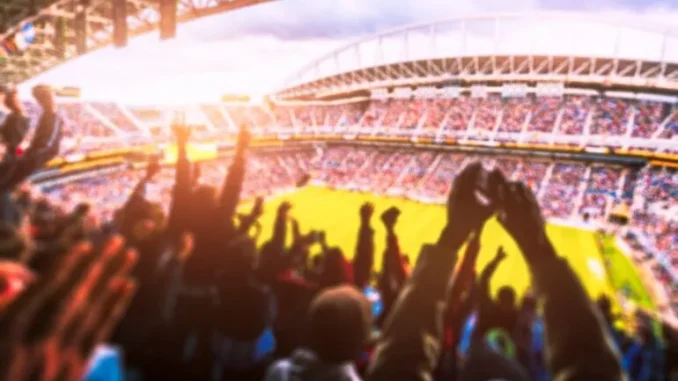
Football Hooligans And A Guide To The Biggest Football Firms
In the 1960s, 1970s, and 1980s, hooliganism was so prevalent that attending a football game might be a dismal event. Fighting between opposing fans, sometimes referred to as the “English Disease,” was common in most countries and ruined the beautiful game, often bringing shame to the sport.
The UK issue reached a low point around 1985, when the then-government publicly investigated installing electrified fences in gardens. A large-scale incident that broke out during Millwall’s FA Cup trip to Luton prompted some of this.
Around the same time, the Times published an editorial characterising football as “a slum sport played in slum stadiums and increasingly watched by slum people.”
With the forming of the Premier League, all-seater stadia, and a more family-friendly culture now the norm it is tempting to believe that hooliganism is a relic of the past, and it’s certainly true to say it has declined dramatically in the modern era.
Football Hooligans History
Football hooliganism dates back as far as the Middle Ages and the behaviour, and motivations behind such behaviour, very much resonate with matchday violence witnessed in our lifetime.
Groups of youths would travel to a neighbouring town, under the conceit of watching an organised match, and fight with one another.
In 1349, King Edward III banned football due to its propensity to cause civil unrest.
This idea of ‘invading’ another town, or ‘defending’ a town against invaders, lies at the heart of hooligan culture. It is tribal. It is devised warfare.
“At the football, you were either the hunter or the hunted,” wrote Andy Nicholls, a former hooligan, now an author of several books on the subject.
The Rise and Decline of British Hooliganism
In the United Kingdom, hooliganism worsened significantly in the ’70s, when firms such as the Red Army (Manchester United), Suicide Squad (Burnley), Villa Hardcore (Aston Villa), and the Herd (Arsenal) started to organise on mass.
By the middle of the decade, virtually every football club in Great Britain had a firm attached to it.
When Manchester United dropped to the English Football League’s Second Division the Red Army started attacking in force, letting out their frustrations and aggression across the country.
In that same year too, in Bolton, Lancashire, the first fatality occurred, an event so shocking that it prompted fences to be erected in some grounds and crowd segregation to be introduced.
All of which, and more, led to the then-Prime Minister Margaret Thatcher setting up a ‘war cabinet’ to combat the epidemic. The ‘English disease’ was making football sick.
Fast-forward to the early-Nineties and – as stated above – the founding of the Premier League and the requirement of all-seater stadiums helped change the dial greatly, transforming the culture of going to a game as much as anything.
The customary pre-match rituals have changed significantly from the days when a minority would grab a scarf, fuel themselves with alcohol, and go hunting for mayhem. Before engaging in some football betting on their phones, fans enjoy a pre-match pint (usually the only one). They catch up with friends and grab a bite to eat while asking how their extension is going. Usually, a son or daughter goes with them.
Annis Abraham, the former captain of Cardiff City’s Soul Crew, stated, “I completely changed after getting married and having my first daughter.”
It was unthinkable. My life revolved around my family. My life used to revolve around football, but now it seems unimportant. Every week, I watch Cardiff, but only because my girls adore it.
Alcohol and Football
Fortunately, there has been a steady decline in football-related arrests for drug and alcohol offences in the twenty-first century. These days, it only makes up 6% of all arrests.
Arrests for illicit substance possession, as opposed to the behaviour it may cause, surpass this number.
Nevertheless, it continues to be a major issue, one that affects society as a whole.
For the record, Manchester United grudgingly leads the table in arrests for alcohol crimes, despite their Premier League odds being on the long side these days after years of underperformance.
With Manchester City making it an extremely undesirable top four for the north, Newcastle and Sunderland follow.
Read more news on https://sportupdates.co.uk/

Leave a Reply